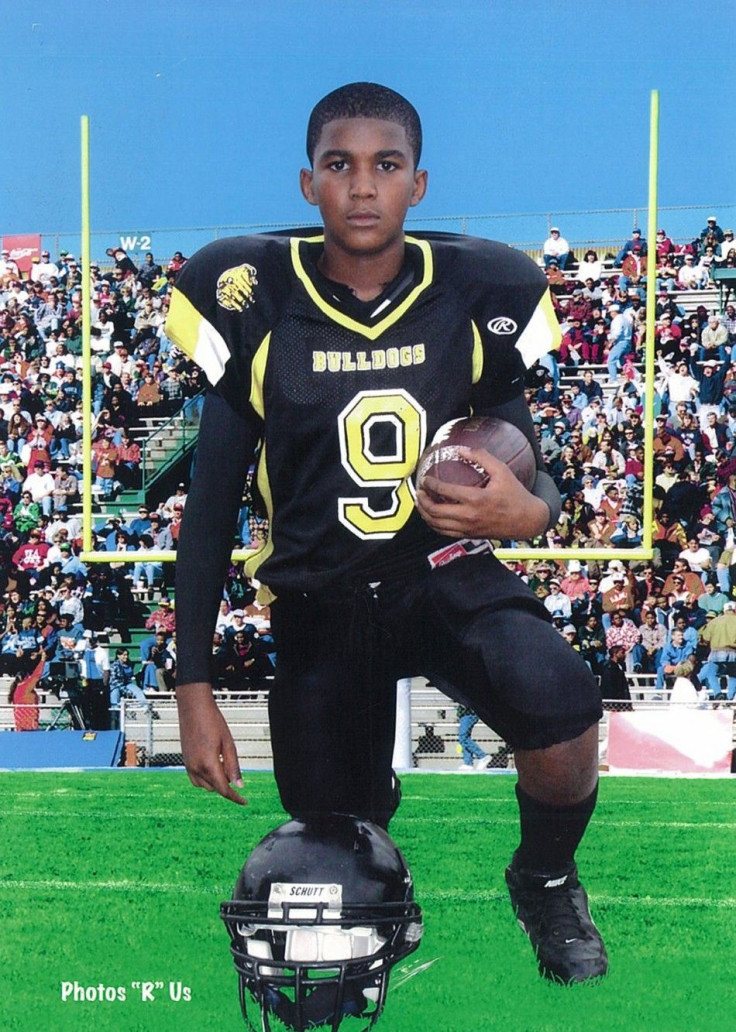Floridians Want More Neighborhood Watch Oversight After Trayvon Martin's Death, George Zimmerman's Arrest

Following Trayvon Martin's death, Florida voters say they want local authorities to have more oversight over neighborhood watch groups in the wake of neighborhood watch captain George Zimmerman shooting and killing the 17-year-old boy.
A new poll released yesterday by Suffolk University and WSVN-TV in Miami found that 71 percent of those surveyed believe neighborhood watch groups and volunteers should be more closely monitored by local sheriff departments. Twenty-three percent said they don't believed such groups should get more scrutiny and 7 percent were undecided.
The shooting of this young man appears to have awakened concerns about citizen responders, said David Paleologos, director of the Suffolk University Political Research Center in Boston. But at the same time, voters haven't entirely given up on the idea that it's OK to counter a perceived threat rather than to retreat.
Trayvon Martin's death ignited debate across the country about race and justice.
Martin, a black 17-year-old from Sanford, Fla., went to a convenience store to grab Skittles while visiting his father's girlfriend in February when local neighborhood watch captain Zimmerman, who is white and Hispanic, spotted the teen and believed he was acting suspiciously.
Trayvon was wearing a hoodie when Zimmerman observed him. The neighborhood watch captain called 911 and said the teen was acting suspiciously and, despite orders from a 911 dispatcher to let authorities handle the matter, Zimmerman pursued the teen.
A struggle ensued and Zimmerman shot Martin in what he contended was self-defense.
The incident sparked national outrage over the Sanford Police Department's failure to arrest Zimmerman, citing the state's Stand Your Ground Law. The legislation says deadly force is allowed as long as the person using the deadly force has a reasonable feeling of being threatened.
Zimmerman was eventually arrested on second-degree murder charges last month for Trayvon's death.
In light of the incident, half of Florida voters polled said they support the controversial law while 23 percent oppose it and 18 percent are undecided.
Zimmerman was arraigned this week, although he did not make an appearance in the courtroom.
His defense attorney is expected to receive evidence against Zimmerman from prosecutors Monday, the Miami Herald reported.
The attorney, Mark O'Mara, requested that the case file be sealed, but Circuit Judge Kenneth Lester ruled against it. At minimum, O'Mara wants some information like names of witnesses in the case to be redacted before the media gets its hands on it.
There has been a lot of animosity and emotions caused by incomplete and premature disclosure of information. Because those emotions still run so high, we want to do everything we can to protect the sanctity of the process and the safety of the witnesses, O'Mara said in a statement last month, according to the Miami Heral. No good purpose will be served by a media frenzy directed at witnesses.
© Copyright IBTimes 2025. All rights reserved.





















